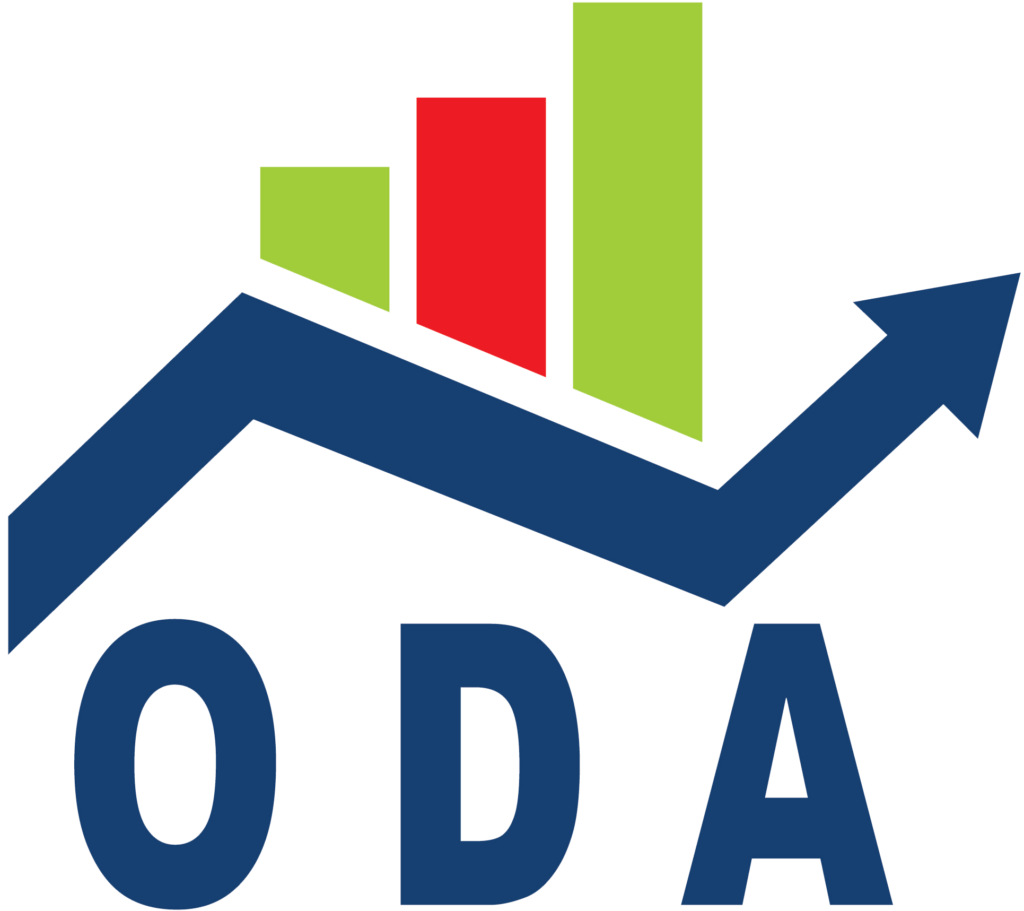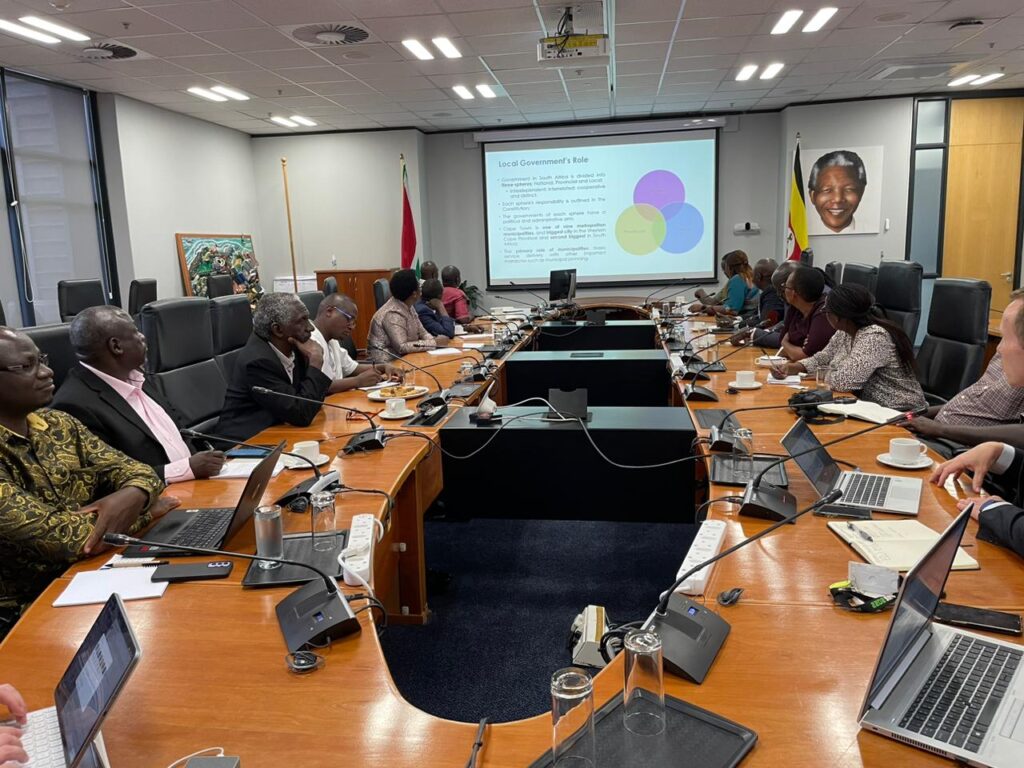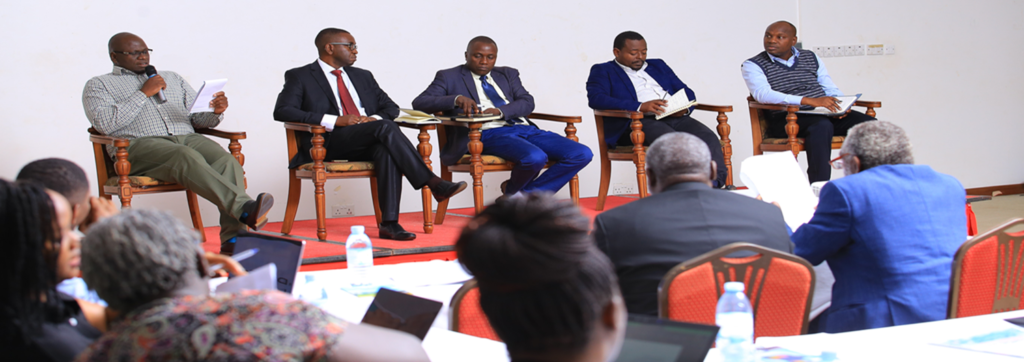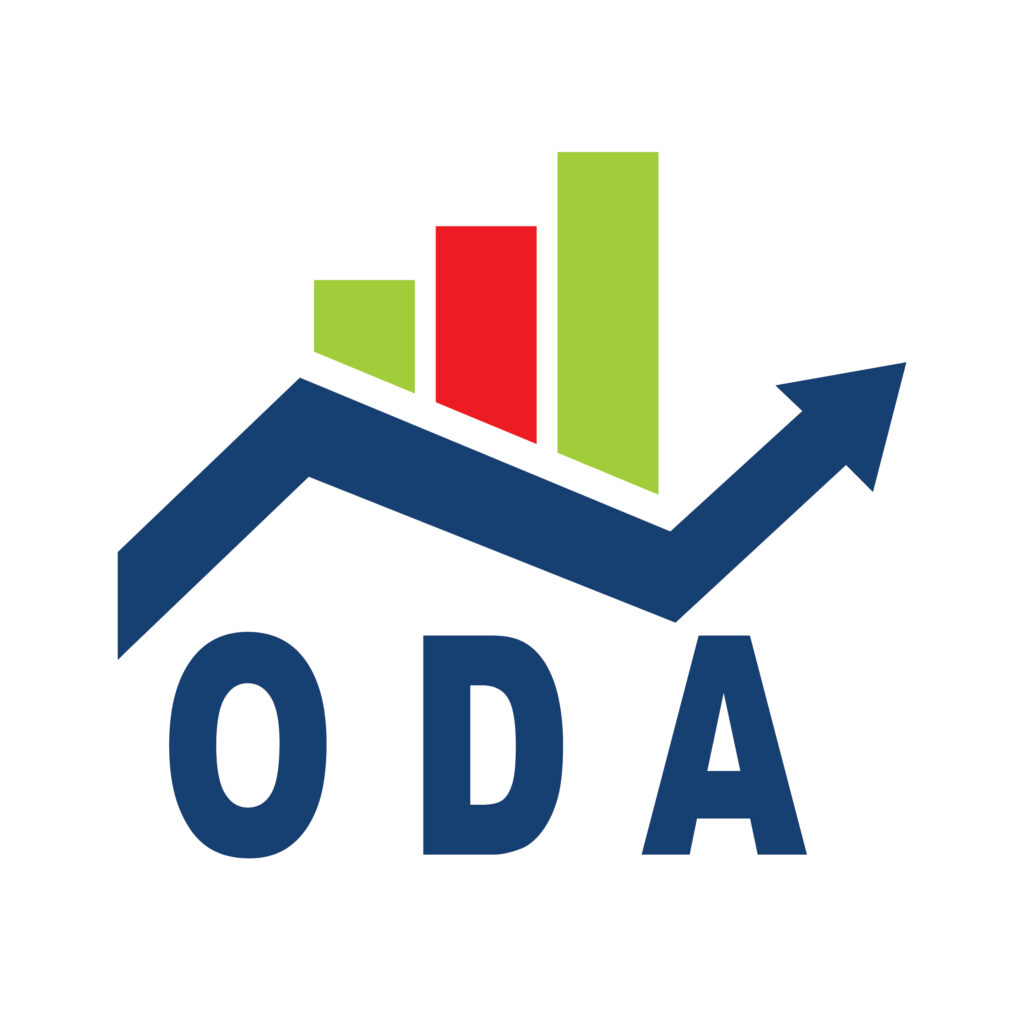Uganda’s emerging Jinja City is stepping boldly into a new era of data-driven property tax management, one that aims to improve local services for residents, infrastructure, and the community at large. At the heart of this transformation is a renewed focus on data-driven urban economic decisions and policymaking, supported by the expertise and collaboration of the DataCities Consortium (ToroDev, Sunbird AI and UNGP).
A case in point is the April 2025 data analysis, conducted in partnership with DataCities specialists, which revealed that around 2,900 properties in Jinja City are currently under-assessed. Rather than viewing this as a shortcoming, the city, guided by DataCities, sees potential for significant revenue growth. By updating and harmonizing property assessment records, Jinja City stands to unlock substantial additional local revenue that can be reinvested into vital community services such as better mobility, waste management, education, healthcare, and infrastructure.
Imagine the difference this could make: improved roads, enhanced waste management, and better public amenities that benefit everyone. When the city’s tax base aligns with its actual development, every property owner becomes a partner in building a stronger city.
One of the most exciting aspects of this transformation is the extensive, deep data analytics of existing city raw datasets and use of geospatial mapping and visualization tools, introduced and demonstrated by DataCities team that ODA contributes to, as a specialized initiative of ToroDev. For example, geospatial technologies enable city officials to overlay property tax data with satellite imagery and urban planning maps, identifying clusters of low-value or unregistered properties often adjacent to commercial centers, schools, and transport corridors – thanks to Sunbird AI that has been close partner in this process.
By using heat maps to visualize tax defaults and under-assessed areas, the DataCities team has equipped the city to strategically direct its resources. This means targeted action, ensuring that no property is left behind, and that every neighborhood contributes fairly to the city’s development.
Data-enabled transparency, inclusivity and fairness in local revenue mobilization are at the core of Jinja City’s new approach. By integrating datasets, harmonizing naming conventions, and introducing unique property identifiers, the city is working with DataCities to build a system that taxpayers can trust. Residents and businesses will have confidence that assessments are accurate, payments are fairly calculated, and revenue is used to improve their community.
This is more than just a technical upgrade—it’s a partnership between Jinja City and DataCities Consortium, working together to build a smart and resilient city. Through collaboration, Jinja City can create a revenue system that supports equitable service delivery and a higher quality of life for all residents.
With DataCities by its side, Jinja City is showing that when technology meets transparency, every resident wins.





